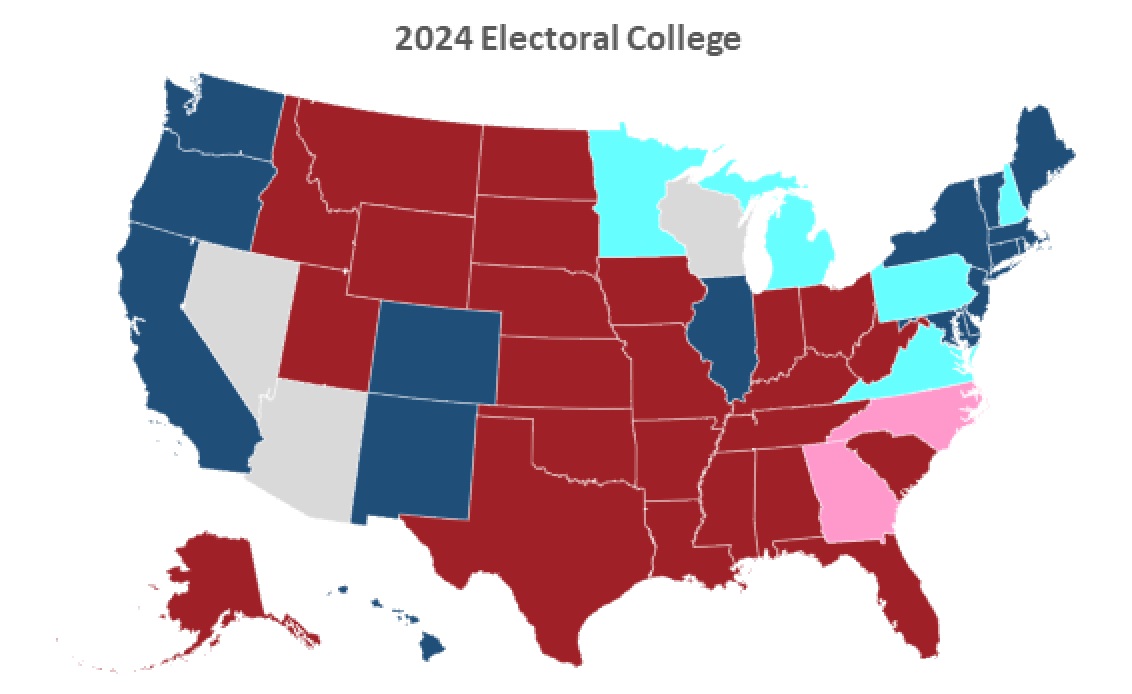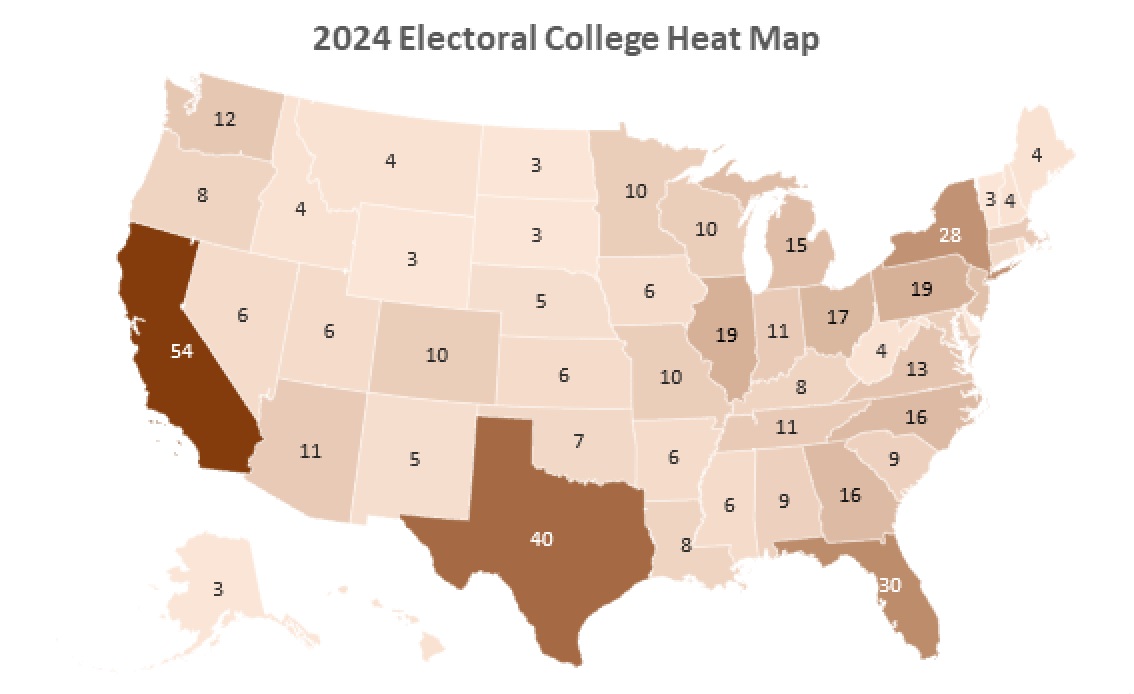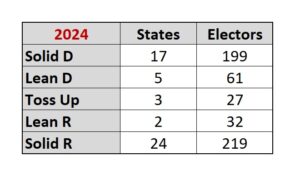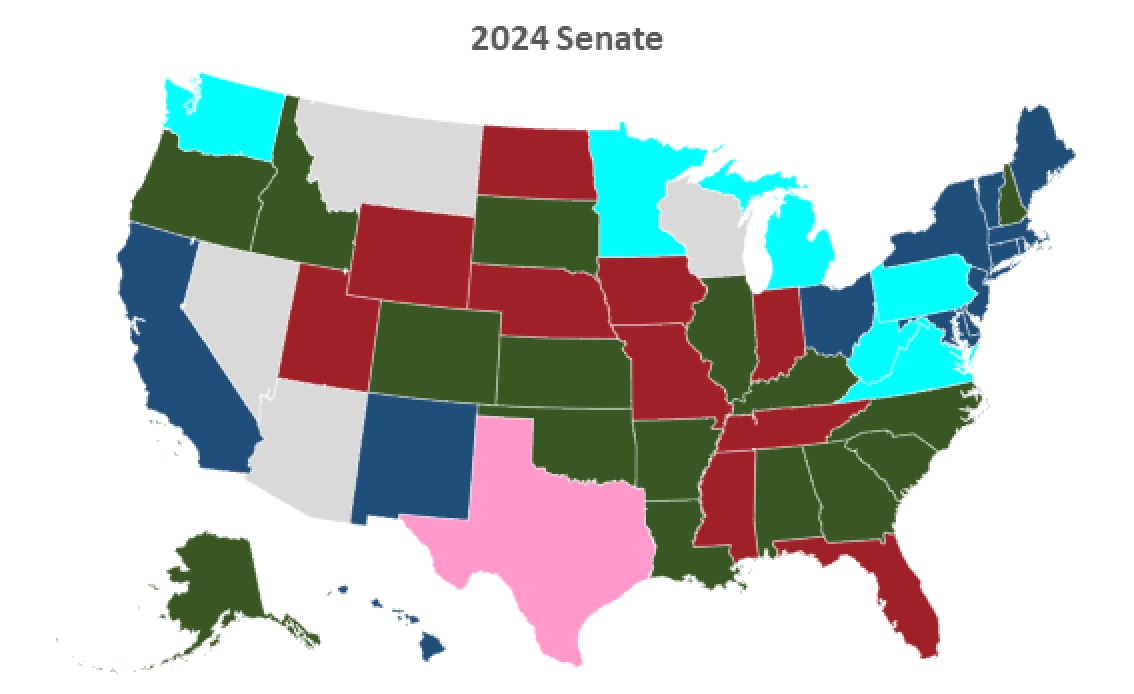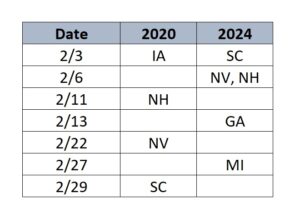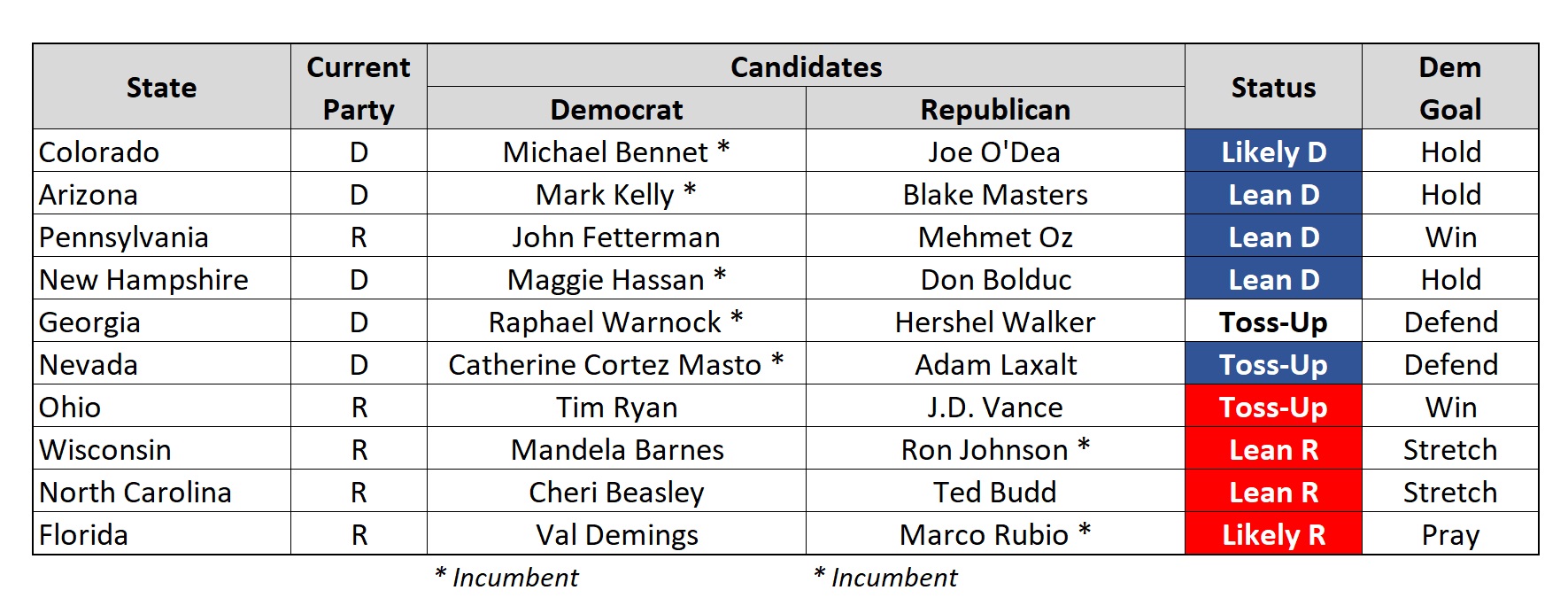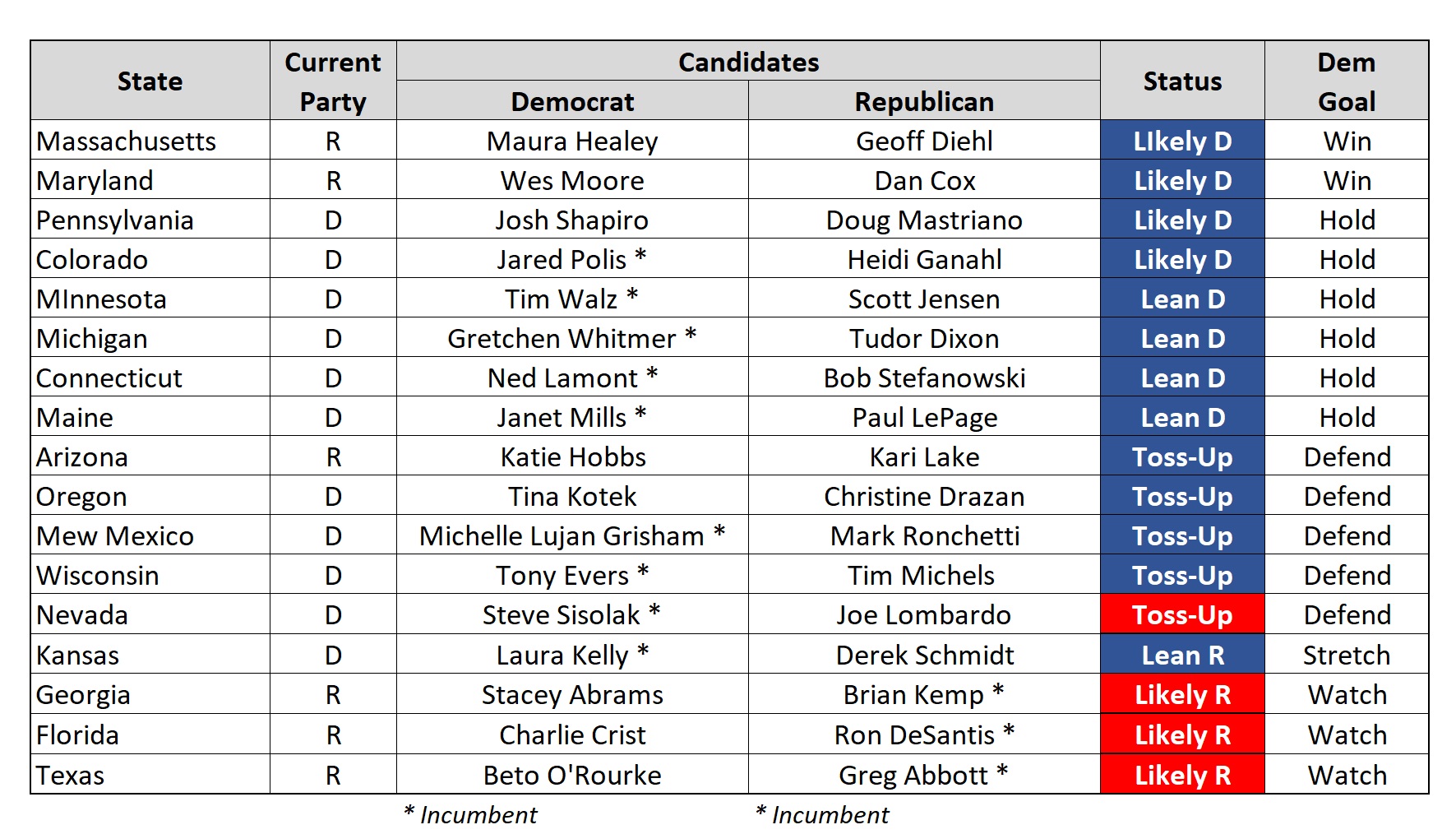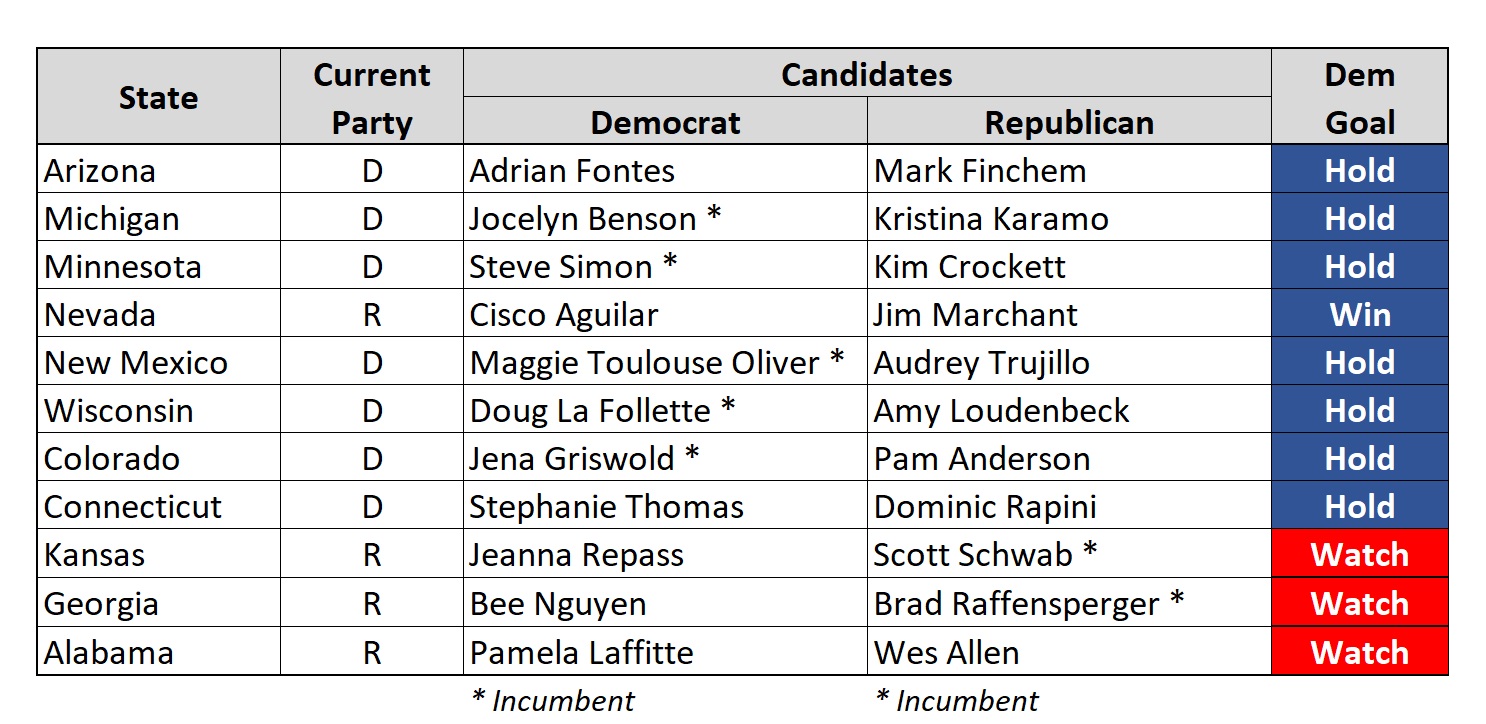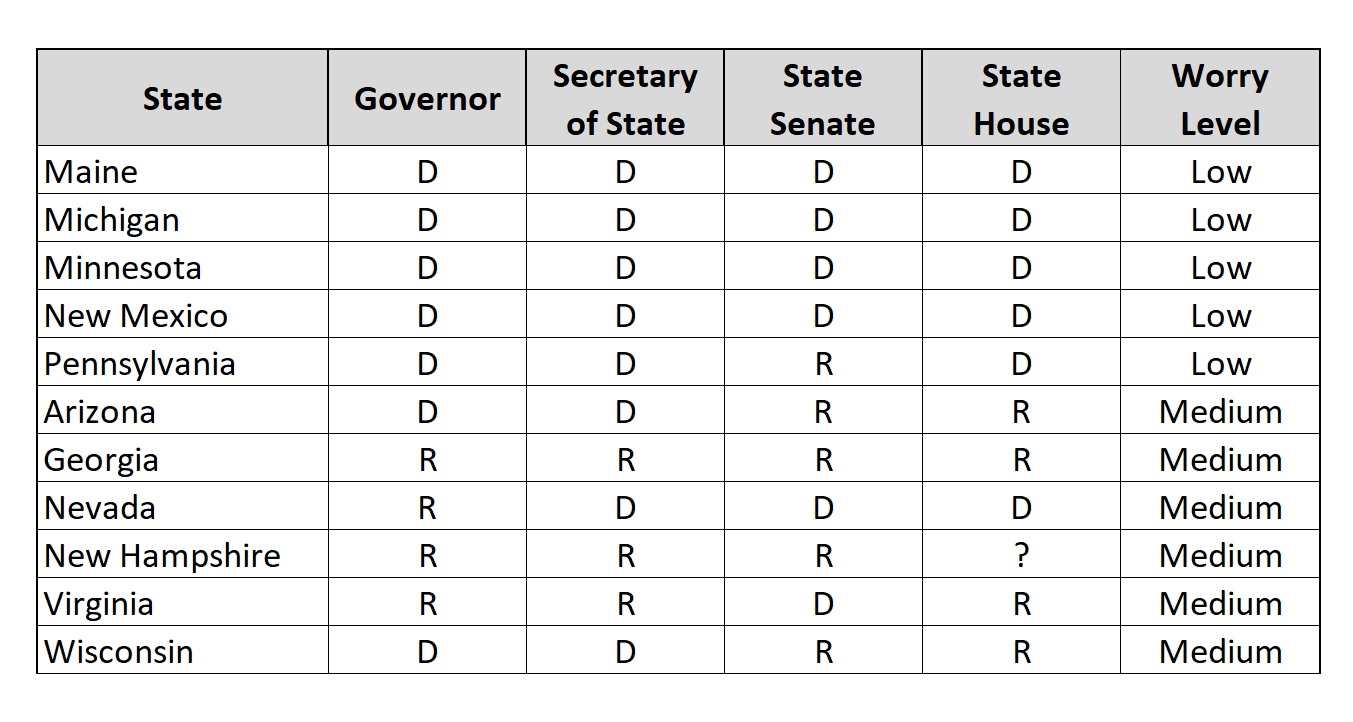We spent 2022 consumed with multiple criminal investigations involving a former U.S. President, an insurrection at the U.S. Capital, consequential mid-term elections, the demise of Roe v. Wade, a surge of inflation, a resurgence of COVID, the war in Ukraine, another major school shooting, etc. We’re starting 2023 with complete dysfunction in the U.S. House unlike anything seen in the past 100 years.
It thus comes as no surprise that we seem to have overlooked another far-reaching, if quite subtle, story centered around the Supreme Court of the United States.
I’ve previously weighed in on several specific SCOTUS rulings and on their broader legal implications. I devoted a separate post to the devastating Dobbs v. Jackson opinion, accompanied by a related attempt at dark humor on a topic that is decidedly non-humorous.
Subsequently, however, a brand new perspective on SCOTUS was framed for me by an essay written for the Harvard Law Review by Mark A. Lemley, a Stanford law professor. It’s a great read but it does need to be accompanied by a high-proof bourbon – both because it reads like an essay in the Harvard Law Review and because it makes some extremely worrisome observations about our current SCOTUS iteration.
The essay (and the bourbon) prompted me to gather several of my own remaining SCOTUS-related notes. While each was a potential blog topic at some point, I’m combining everything herein to highlight one overarching fear: That we have a Supreme Court trending further and further out of control.
Power Accumulation
Since I’m stealing Lemley’s title for this post, I’ll first try to briefly summarize his premise before I expand on it.
Lemley argues that this instantiation of the Court has proven to be alarmingly unique. Since the 1803 Marbury v. Madison case, establishing the legitimacy of judicial review, there has been a natural tendency over time for various iterations of the Court to politically lean left or right, favor federal power or state power, tip the scales toward congressional authority or executive authority, and/or chose to champion individual rights or governmental control. While we each have our own personal preferences, such swings of the SCOTUS pendulum are to be expected.
However, in stark contrast to the above, Lemley posits that our current Supreme Court is pursuing an orthogonal goal. He suggests that they are systematically consolidating their own power at the expense of all other branches of government, at both the federal and state levels, often using contradictory legal arguments. Unfortunately, Lemley makes quite a compelling case by examining the judicial reasoning behind numerous recent SCOTUS opinions. I again suggest reading the essay itself where Lemley dissects a ton of cases (including a few that I’ve discussed in previous posts). Just for example, however, here’s a sampling of his cited cases:
- West Virginia v. EPA: transferring interpretive powers from executive branch agencies to the Court.
- TransUnion LLC v. Ramirez: transferring the ability to recognize new causes of action from Congress to the Court.
- Tandon v. Newsom: transferring power from States to the Court with respect to public health issues.
- Kennedy v. Bremerton School District: granting the Court the ability to relitigate facts decided by lower courts.
Reactions to several individual SCOTUS decisions have largely obscured a bigger picture. Those on the right who may be having orgasmic responses to the immediate implications of some rulings have yet to realize that the Court is basing its decisions on judicial concepts that merrily usurp power from everywhere, regardless of current party control. Republicans may be surprised to find that SCOTUS-imposed limits on Congressional and executive authority will apply equally when next they control those branches of government.
Meanwhile, the Court is busily ensuring that the opinions of any five SCOTUS justices can not only override anything done by any other government entity of any political persuasion, but can also independently decide which issues they want to control.
This rapid disintegration of Constitutional checks-and-balances should scare the crap out of everyone, regardless of their politics.
Major Questions Doctrine
One of the primary tools of this Supreme Court is their newly invented “major questions doctrine” (which I discussed in a previous post in relation to West Virginia v. EPA).
While this “doctrine” was never cited in any majority opinion prior to 2022, it has been used extensively of late to support the recent SCOTUS power grab. The doctrine holds that the Court can override the executive branch’s interpretation of any legislation on issues of “vast economic or political significance” even when a statute explicitly grants such interpretive authority to an executive agency. Conveniently, the Court also claims that it alone can decide which issues meet that “significance” criteria.
Just last month, the U.S. Court of Appeals for the 5th Circuit ruled in Louisiana v. Biden that the President lacked the authority to issue an executive order imposing a vaccine requirement on companies with whom the U.S. government does business. Beyond the merits of the decision, of greater concern is the Court’s use of the major questions doctrine to deny the executive branch the ability to perform an obviously executive function as clearly granted by the legislative branch. This was not a Constitutional issue. The Court simply decided to substitute their own administrative preferences over the preferences of elected officials.
This blatant power grab should scare the crap out of everyone, regardless of their politics.
Shadow Docket
The Supreme Court is not limiting its ambitions to stealing power from other branches of the federal government or from state governments. SCOTUS is also actively stealing power from lower courts in its own branch of the government.
While I hesitate to digress into a law school presentation (particularly since some of my readers are attorneys), I need to briefly define some context from a layman’s perspective.
Supreme Court cases arrive on two paths: a “merits” docket and a “shadow” docket.
The merits docket includes the vast majority of named cases of which the public is aware and consists of around 60 to 70 cases each term. These cases have usually gone through one or more lower courts where facts are established and opinions are rendered. SCOTUS receives full briefings on these cases, hears oral arguments in public at pre-announced times, and produces a written majority opinion explaining legal rationales – often accompanied by separate concurrences and dissents. Cases are finally resolved by the release of the opinions with the recorded vote of each Justice in a carefully orchestrated process on pre-announced “Decision Days” beginning at 10am Eastern time.
The shadow docket is, well, not that. This docket has historically been where the Court rules on procedural matters – most of which are uninteresting except to the litigants. These cases generally do not involve briefings or hearings and are often resolved with no written explanations or recorded votes. They are often released in the middle of night – in the shadows, if you will – but are nevertheless important from a process perspective.
Over time, unfortunately, the use of the shadow docket has expanded to become a secretive process where major SCOTUS decisions are often rendered. Indeed, SCOTUS can use its shadow docket to unilaterally bypass standard case progressions by reaching directly into the lower courts to claim and rule on cases with little to no written explanations. Recently, contentious shadow docket cases have doubled – coinciding with the arrival of Justices Gorsuch, Kavanaugh, and Coney Barrett.
As just one example of many, in Louisiana v. American Rivers, SCOTUS used its shadow docket to simply reverse a lower court ruling that blocked infrastructure projects on environmental grounds. Again, while the merits of the case were important, the major concern is that SCOTUS circumvented numerous standard judicial processes and rendered its imperial decision with no explanations whatsoever. Even the conservative Chief Justice Roberts dissented on this case due to its procedural shortcomings.
This utter disregard for longstanding judicial practices should scare the crap out of everyone, regardless of their politics.
Stare Decisis
As was made readily apparent in Dobbs v. Jackson, this SCOTUS iteration has no problem directly overturning long-standing SCOTUS rulings made by previous iterations of the Court – even rulings that were reaffirmed by subsequent SCOTUS iterations. While Dobbs was certainly the most publicized example, there are others. In Vega v. Tekoh, the Court essentially overturned Dickerson v. United States – which upheld the Miranda warning requirement.
The principle of stare decisis – holding that previous judicial rulings are binding except in extremely rare cases – is a foundational guardrail of American jurisprudence.
This particular Court’s egotistical claim to unchecked power even over previous Courts should scare the crap out of everyone, regardless of their politics.
Court Leaks & Security
Much has been made about the as-yet unattributed leak of Justice Alito’s draft opinion overturning Roe v. Wade. Alito complained that the leak put his and his colleague’s lives at risk and Chief Justice Roberts devoted most of his 2022 annual report to the need for additional judicial security.
Largely as an aside, subsequent reporting revealed that Alito himself most likely leaked the outcome of a 2014 SCOTUS opinion involving contraceptives to an anti-abortion leader (which apparently did not put his life at risk).
While violence against judges and justices is obviously unacceptable, I personally fail to see how members of the Court are entitled to internal privacy and special security considerations that aren’t equally afforded to others in government.
Secrecy has certainly been the accepted norm with respect to draft opinions of the Supreme Court. Whether or not that is a good thing, however, is easily debatable. Drafts of legislation are often published on official Congressional websites; drafts of executive agency documents can often be easily obtained. And yet there are no cries for additional security given to agency heads and/or members of Congress.
Why exactly should Supreme Court justices be immune from public commentary on their draft opinions? Why should peaceful protests against such drafts be any less acceptable than public protests against proposed laws and regulations?
The Court’s efforts to position itself as above public discourse and oversight should scare the crap out of everyone, regardless of their politics.
Code of Conduct
While most federal judges are bound by a Code of Conduct, justices of the Supreme Court are essentially immune from compliance. SCOTUS justices are each independently responsible for policing their own conduct and are answerable only to Congress via impeachment proceedings and their subsequent (and highly unlikely) removal from the Court.
Ginni Thomas, the wife of Justice Thomas, was heavily involved in numerous efforts to reverse the 2020 election results. Her involvement came to light only after a SCOTUS ruling allowed Mark Meadows’ text messages to be made available to the January 6 committee. While Ms. Thomas eventually admitted to the committee that she discussed her efforts with her husband, she simply claimed that he wouldn’t be influenced by her. That, of course, is wholly beside the point.
Even an appearance of partiality or impropriety should have been more than sufficient grounds for Justice Thomas to recuse himself from consideration of the case. However, he chose not to self-recuse and was, indeed, the sole SCOTUS vote against the release of the text messages, including those sent by his wife.
The lack of any enforceable code of ethics governing the Supreme Court should scare the crap out of everyone, regardless of their politics.
Solutions?
So, assuming we’re all sufficiently scared, what can we do to alleviate our fears?
Sadly, not a whole lot.
As I noted in a previous post:
Article III, Section 2 of the Constitution gives the Executive and Legislative branches, acting in concert, the power to strip the Supreme Court of appellate jurisdictions. They can thus declare that specific laws and/or entire issues are beyond the scope of judicial review.
It would thus be possible for the other two branches of government to reign in an out-of-control Court by restricting its authority in arenas where it oversteps. This would function mostly as an invisible fence within which the Court might eventually be trained to stay.
A less direct, long-game approach would be legislatively impose term limits on Supreme Court justices. Despite some opinions otherwise, there is nothing in the Constitution that demands lifetime appointments – and such appointments are an institutional mistake. As a side benefit, term limits would also at least help to impose an age limit. Many have argued for 18-year terms; some have argued for shorter durations. While I’d personally favor a term of 10-12 years, the existence of any limit is more important than the duration.
Justice Thomas, for example, is 74 years old and has been on the Court for 31 years. Over that extended period, and at that age, it is entirely understandable that he has developed a sense of omniscient entitlement accompanied by a callous detachment from current societal norms. Do we really want to continue to entrust our Republic to an aging, long-time neighbor who is constantly complaining about the kids on his lawn? Do we need to wait until medical science can no longer keep him on the Court? And, no, I’m not being ageist. I’d be fine with senior SCOTUS justices being given emeritus titles and responsibilities, if they so desire. However, when there are only nine seats on the Supreme Court of the United States, a few conditions seem highly appropriate.
Unfortunately, neither jurisdictional boundaries nor term limits are likely to be implemented as both are well beyond the abilities of our polarized and dysfunctional Congress.
For the foreseeable future, it appears that we’ll simply need to accept an Imperial Supreme Court as its majority continues to consolidate power. We can only hope that they are occasionally kind to their lowly serfs.
